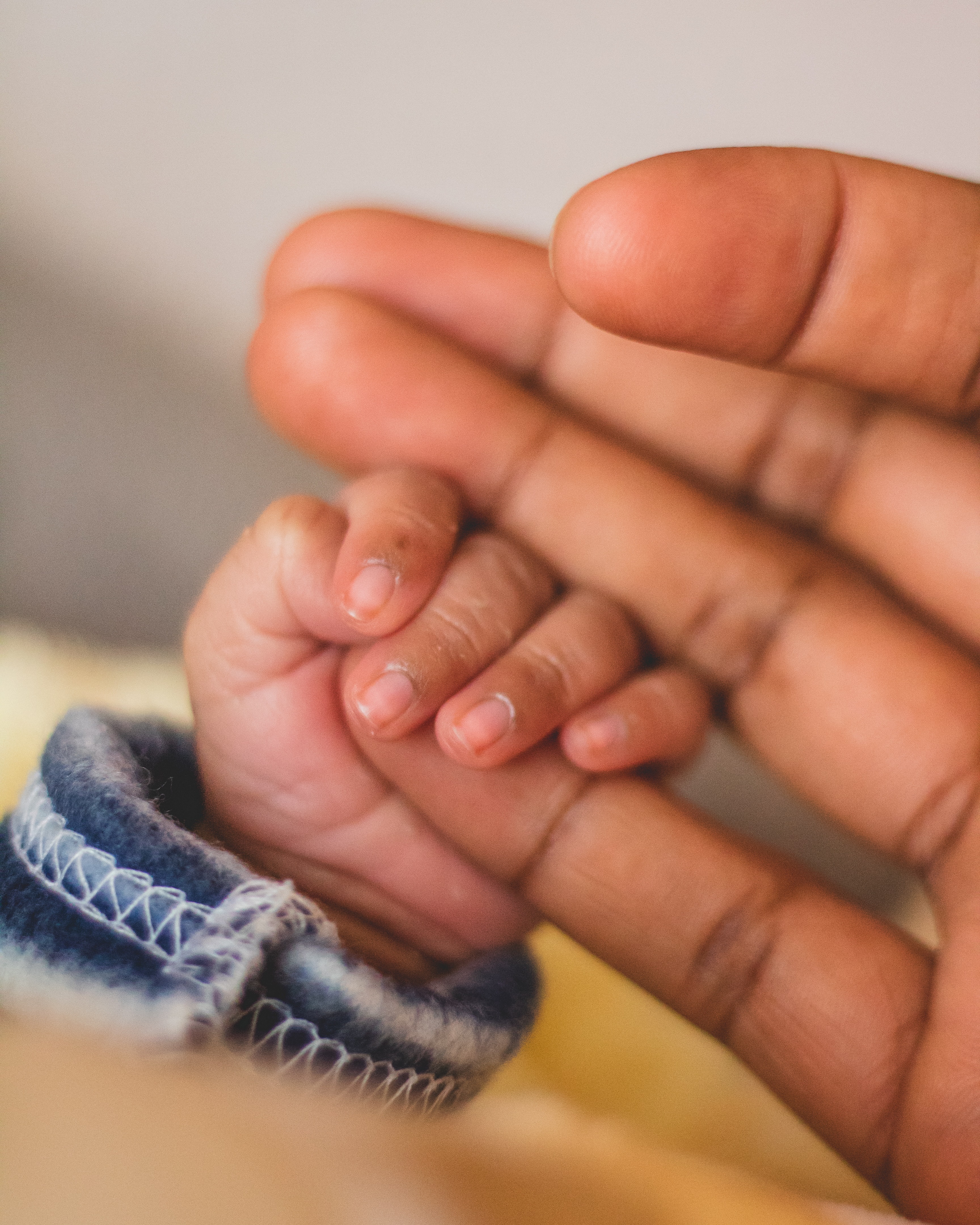
Sandstories training has now been back on the road for a couple of months and I have been privileged to meet with extraordinary practitioners in Glasgow, London, Southampton, Shropshire, Cheshire, the north-east of England and the Home Counties. This has included health professionals, police officers, children’s services practitioners, schools, youth workers and family support workers.
A consistent theme, which has been expressed across all of the groups I have met, has been the toll which working through pandemic restrictions has taken on the crucial relationships between working colleagues and team members. Working from home and ‘holding’ so many vulnerable children and young people (often whilst sitting at their own kitchen table) has been deeply stressful and exhausting. Without the moral support and access to shared practice wisdom, which comes from face-to-face contact with colleagues and managers, so many practitioners have felt disconnected. Some have described feeling lost.
This links so powerfully, indeed it is like a mirror image, of the impact on children and young people who don’t feel connected with at least one emotionally available adult in their lives. These children also feel lost.
Attentive, meaningful relationships are crucial in helping children to overcome trauma, to avoid physical and mental ill health and to help them become the best they can be.
In the same way that an emotional available adult is considered the best protective factor in a child’s life; I sense that practitioner access to empathic, wise and compassionate support is an equally vital protective factor in sustaining and strengthening a committed and yet exhausted workforce.
Albeit just for a day at a time, Sandstories seeks to create a space where these needs are acknowledged and where mutual support and encouragement can be shared in a non-judgemental and empowering way. Staying connected.
Photo by Tembinkosi Sikupela on Unsplash